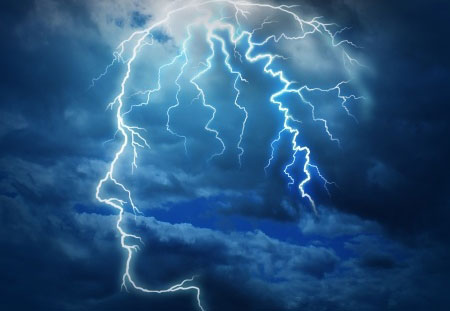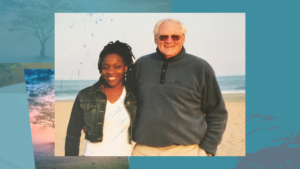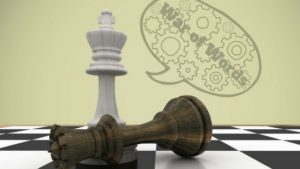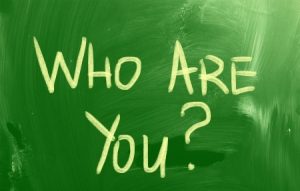The Human body is amazing! Truly, it is God’s best handiwork. Think about the way it functions—the brain, for example. This part of our being has the capacity to continue to grow as long as we nurture it in the right way. Much of this growth is dependent on our response to pain and pleasure. As children we are highly motivated by pleasure or fear of punishment. We move away from pain and gravitate towards pleasure. When we become adults, we are still driven by pain or pleasure but, hopefully, we have also come to realize that pain can bring growth, and pleasure can bring stagnation.
We are wired for God
The part of the brain that responds to pain and pleasure is the reward system called the VTA (ventral tegmental area). This system “controls an individual’s responses to natural rewards, such as food, sex, and social interactions, and is therefore an important determinant of motivation and incentive drive. In simplistic terms, activation of the pathway tells the individual to repeat what it just did to get that reward. It also tells the memory centers in the brain to pay particular attention to all features of that rewarding experience, so it can be repeated in the future.” What happens when our pain or hurt leads us to short-circuit the system so that we can find quick relief? We develop addictions to food, drug, alcohol, work, or sex. The result is that we have now misappropriated God, and this adversely affects our health and wellness.
If God designed the brain in this way, that is with the ability to memorize and repeat certain behaviors to receive a reward, what does it suggests about us? That we have the potential to develop addictive tendencies because we are wired for God. Our souls desire God. King David describes his soul as thirsting for God; in fact, his entire body longs for God. We are relational creatures who have been made for God.
However, when life became broken, our appetites became distorted. We sought for self-gratification rather than pleasing the Creator. Instead of having the natural inclination to seek God to soothe our pain, we turned naturally to quick fixes or instant gratification; for example, comfort food to help us feel better. After all, it is not as if it is a drug. How about time spent at work? The more hours we spend at work, the better we feel. Or how about the lack of exercise–slothfulness? Exercise for the most part sounds like pain not pleasure. For the average believer, such behavior can appear harmless because it does not appear dark and sinister like other vices, such as smoking, drinking or taking drugs. We tend to classify certain behaviors and give them different rankings.
First commandment protects us from addictions
So God’s first commandment, “Do not have any other gods except me,” is designed to clearly establish boundaries. Our Creator knows how He has designed us. To worship gods besides our Creator would mean putting ourselves in a prison we have created. We would be enslaved to our own emotions–the ‘feel good’ emotion. The truth is, in life we will not always feel good. But God is in the here and now waiting to help us. The art of living requires us to embrace pain—to allow ourselves to feel and acknowledge the pain. Sadly, many of us hide our pain, and it is this hidden hurt that blocks us from being all that God wants us to be. Instead of using our energies to develop our creative abilities, more energy is spent hiding our pain. Yes, we are more than our emotions, but feelings are such that the more they are ignored or repressed the more they cry out.
A part of being healthy, then, is the ability to live well, not necessarily comfortably. Living well requires us to choose foods that will help us function optimally, to exercise and move the body so that it operates effectively, and to handle our pain in a way that will bring out the greatness in us so that we will thrive. Comfort or pleasure is not bad, but we have to be careful that we are not consumed or overtaken by the pursuit thereof. We have to be prepared to eliminate or remove any idol in our lives, even if appears to be good.









